The West’s weak response to war crimes in Syria, including multiple chemical weapon attacks on civilians since the civil war started in 2011, encouraged the Kremlin to launch military interventions beyond Russia’s borders — first in Ukraine in 2014 and then in Syria a year later to save the regime of dictator Bashar al-Assad.
The perception that Russia has succeeded in its military adventures will tempt others to launch their own interventions, warned panelists at the Kyiv Post’s “Bringing Peace to Ukraine & Syria” conference, held in Kyiv on June 18.
A crucial turning point came in August 2013, when the administration of former U. S. President Barack Obama failed to take firm action after Assad’s forces used chemical weapons against civilians. The use of such weapons was supposed to have been a “red line,” which, if crossed, would lead to direct U.S.-led military intervention in Syria.
But when the line was crossed, Obama failed to act, and this brought far-reaching dire consequences, conference speakers agreed.
“There was no appetite for intervention in Syria (within the U.S. administration), that was pretty clear,” Anna Borshchevskaya, a Middle East studies fellow at the Washington Institute, said during the “Russian Intervention” panel discussion, the first of three held during the one-day conference.
“Frankly, Obama… knew he would not get the authorization to use force (from Congress). And it is highly unfortunate, because (Russian President Vladimir Putin) perceived weakness, he read all these moves as weakness, and it was easy for him to step in and take advantage.”
Moreover, the impunity for committing war crimes and waging undeclared wars also prompted other actors, such as Iran and the numerous Shia militias it backs, to expand their activities, thus breeding more violence and destruction in global hotspots, primarily Syria.
“All look at the example of Russia in Ukraine and Syria, and say — if Russia can do that, why can’t we?” said Kristina Dobrovolska, a representative of a open-source investigating community Inform Napalm.
Meanwhile, according to the United Nations, the ongoing multi-sided war in Syria has claimed at least 500,000 lives and uprooted more than 11 million people, sending half of them abroad as refugees.
Russia, which intervened the conflict in late September 2015 to back the Assad regime, still continues delivering destructive air strikes on the remaining Syrian resistance forces, as well as on civilian targets. It’s part of a calculated Kremlin strategy to create a refugee crisis that weakens the West with a political crisis, speakers said.
Due to the Kremlin’s military and financial support for the Damascus regime, the devastating war in Syria continues with little hope of an end soon.
Tobias Schneider, a research fellow at the Global Public Policy Institute, said he is pessimistic that a peace settlement would be found soon to the Syrian war. The best thing the global community can do try to save as many lives of Syrian civilians as possible, he said.
Russian intervention “has transformed the nature of the conflict in Syria,” he said. With the West unable to bring about an end to the war, it should concentrate on making the lives of those worst affected by the fighting more bearable, Schneider said.
“Peace in Syria might not come in our generation, but the lives of refugees can be made better. Bringing peace to Syria is unrealistic — both in terms of political will and actual capacity.”
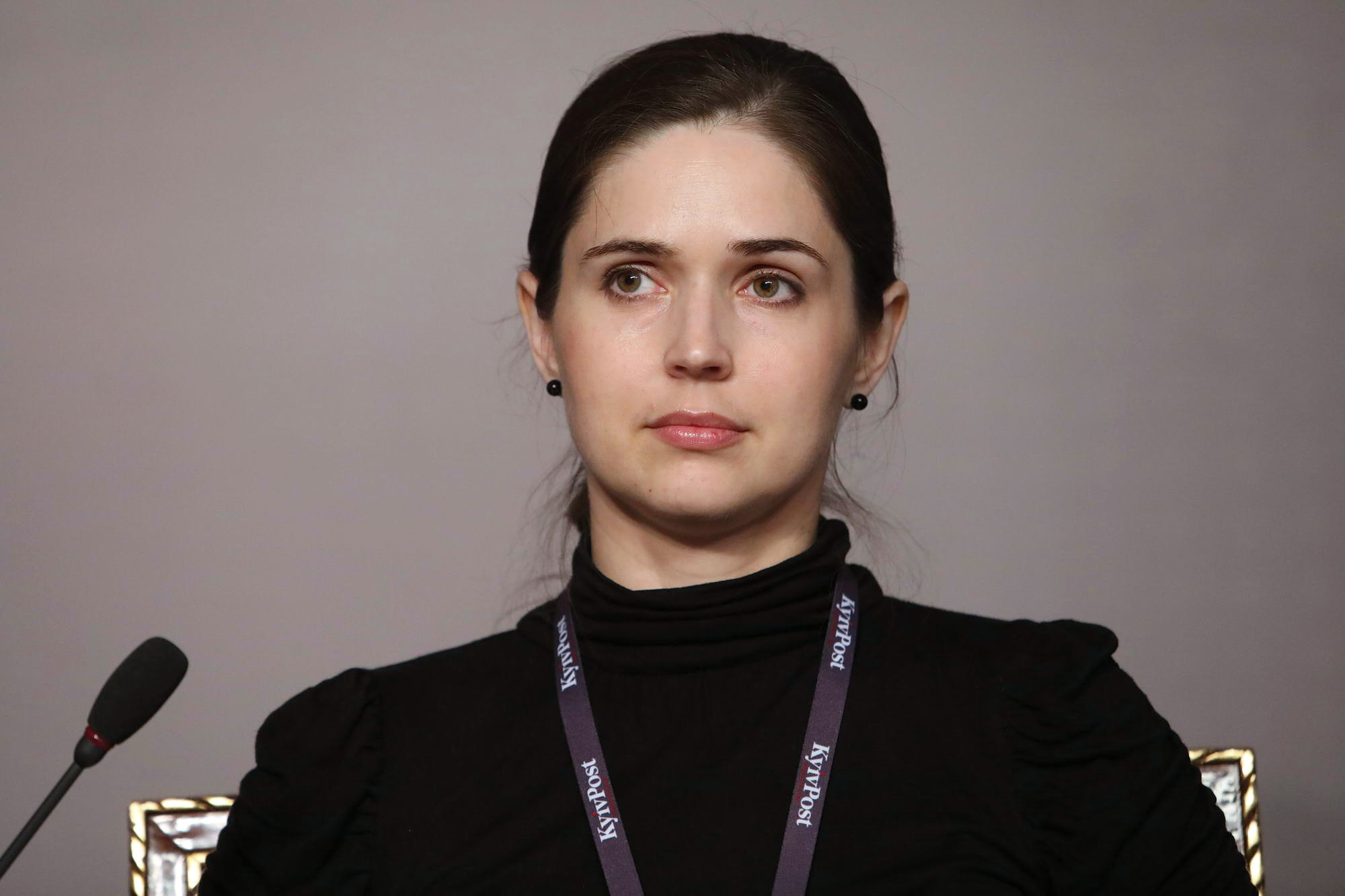
Christina Dobrovolska,
member of the international volunteer intelligence community InformNapalm
One similarity we see in the Ukraine and Syria wars is the same contingent. There are military units of the Russian army that actually fought in Ukraine who now fight in Syria. There are Wagner Group mercenaries who fought in Ukraine, Syria and other countries. There are Cossacks. We believe that behind every atrocity there’s a commander with a rank and they have to be brought to justice. I would like to emphasize the pattern – Russia keeps using illegal armed formations and denies any involvement in a conflict. Those who think Putin will stop sponsoring wars because it’s too expensive have to remember it’s not Putin’s or his cronies’ money, but Russian taxpayers’.
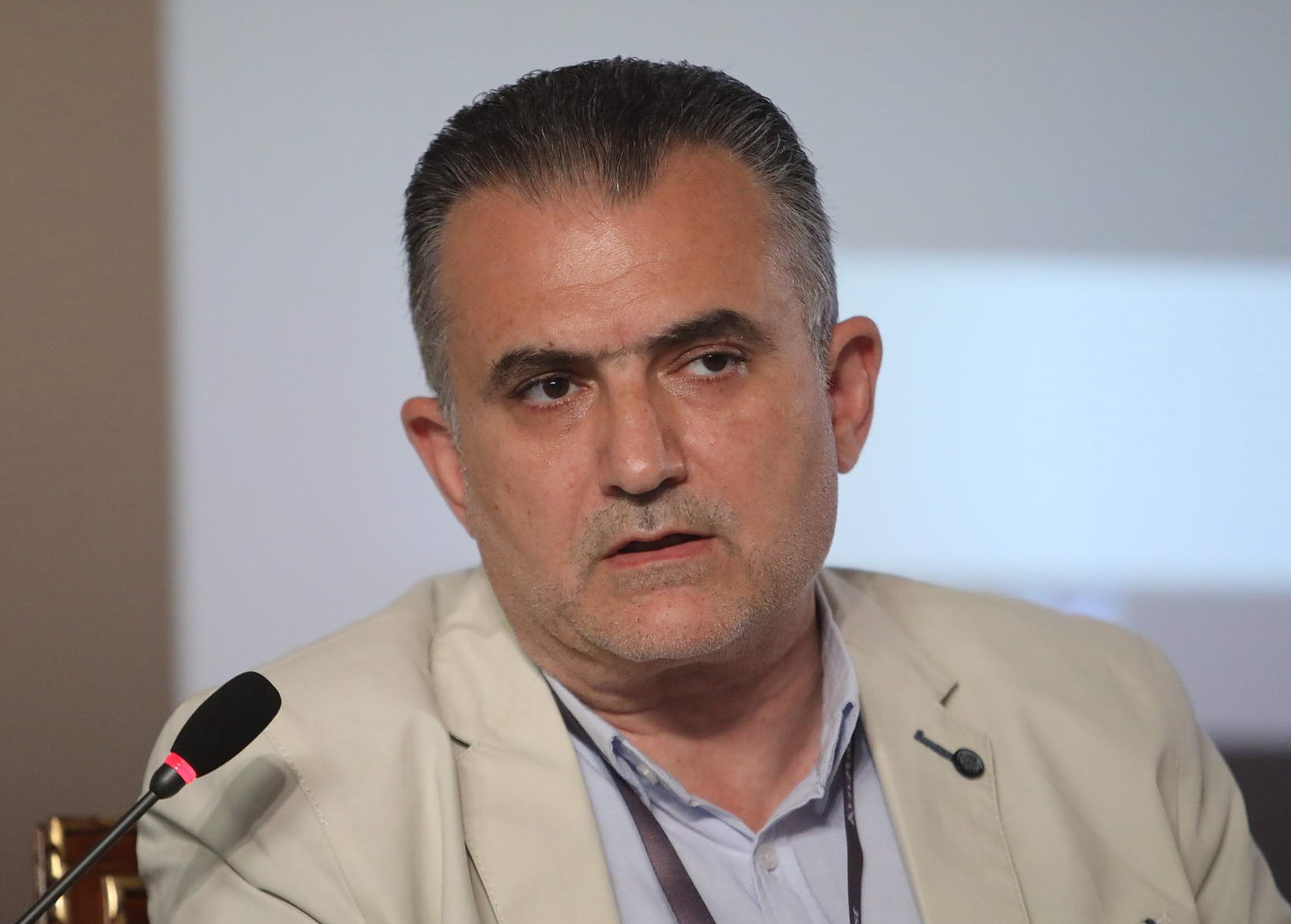
Salam Kawakibi,
director of the Arab Center for Research and Policy Studies
Russians say their intervention into Syria is to keep Assad in power. But Western countries continue to believe that Russia’s intervention was against ISIS terrorists. They (Russians) want to talk to Americans. They refuse to speak to Europeans who try to negotiate with them. Syria is on the last place on their list after Ukraine issue, Crimea, the Baltics, gas issue, NATO, return to the international diplomacy. They don’t want to hear anything about the humanitarian issue.
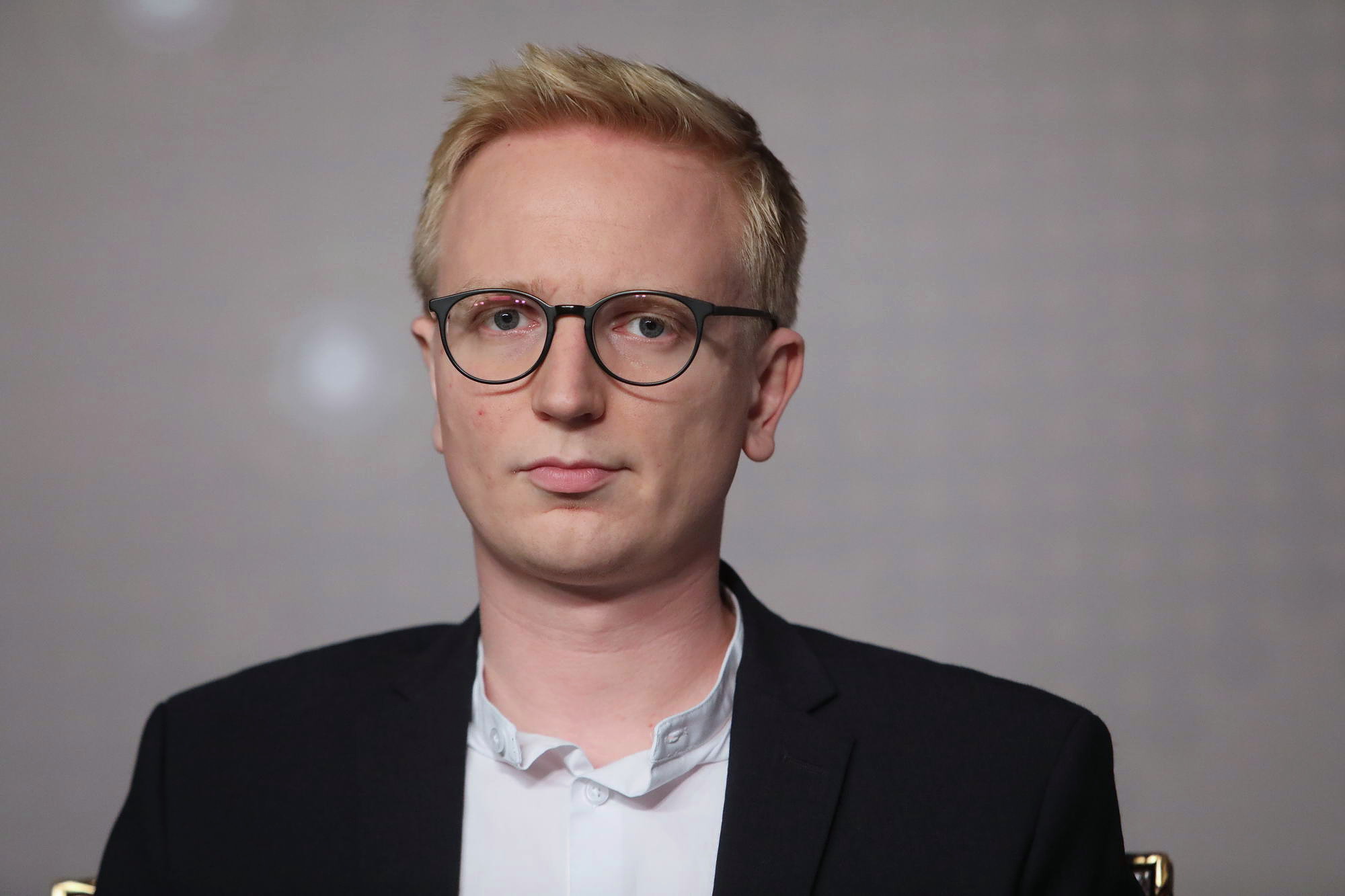
Tobias Schneider,
research fellow at Berlin-based Global Public Policy Institute, editor of Syria in Context weekly brief
I think Russia’s intervention has fundamentally transformed the nature of the conflict. Not necessarily so much because Russian bombs really hit the opposition this hard. (It) reshuffles the strategic picture in the region. Peace is elusive.. we can try to save as many Syrian civilians as possible and make their lives as tolerable as possible. I look at the half of the population that can’t live and doesn’t have a future under the current regime. What will their politics be? Bringing peace to Syria is unrealistic but bringing peace to Syrians in dire situations would be the best project. We need to start re-engaging.
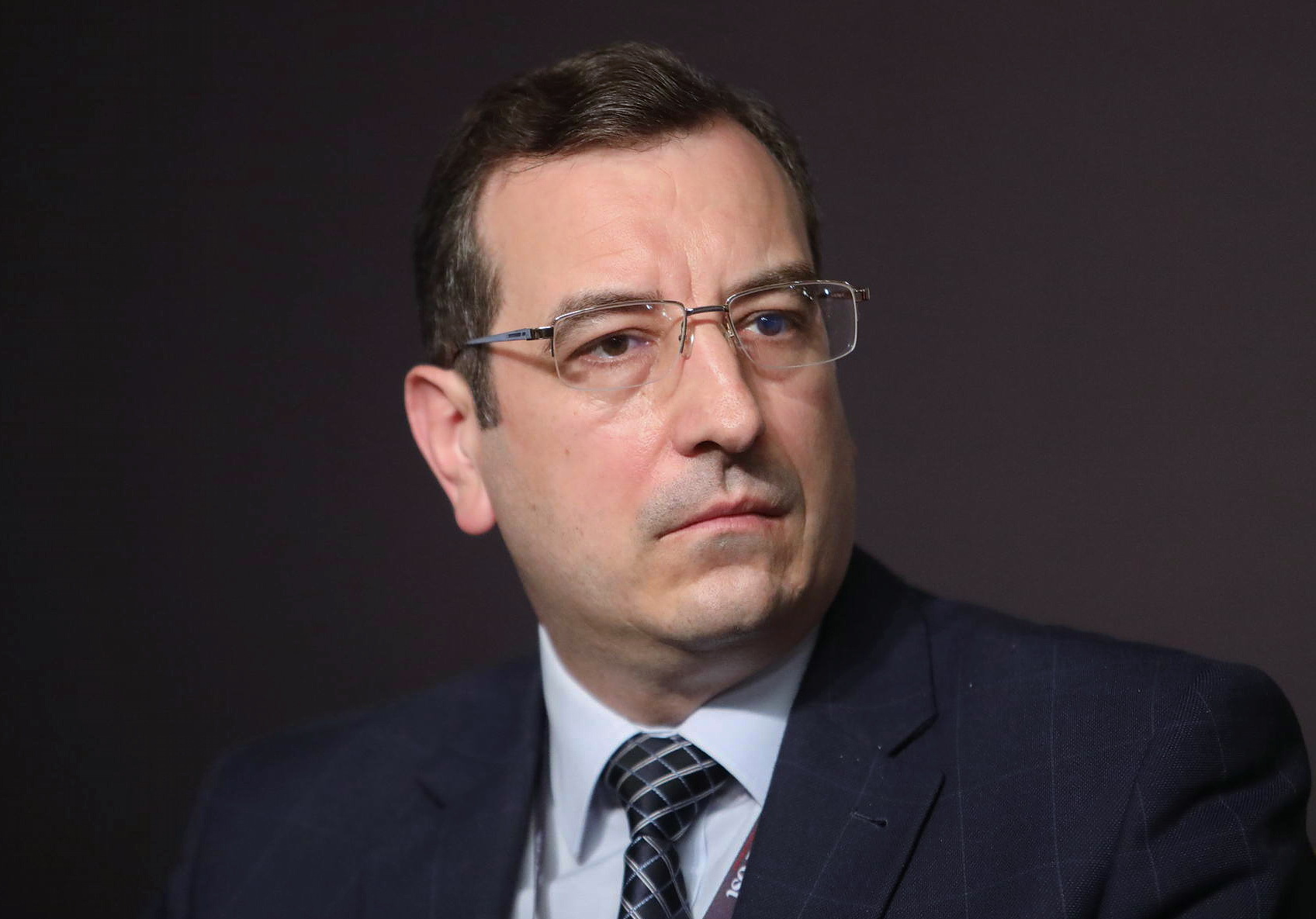
Vadym Skibitskyi,
deputy head of the chief directorate of intelligence of Ukraine’s Ministry of Defense
Russia tests its new weapons in Ukraine and Syria. Its military personnel gains combat experience. Today, we have a very well trained and experience enemy. After the annexation of Crimea, Russian started to increase the presence of Russian troops on the peninsula and rebuild military facilities. Russia’s main goal is to control the Black Sea region and pressure NATO states in the Black Sea region and Mediterranean Sea.
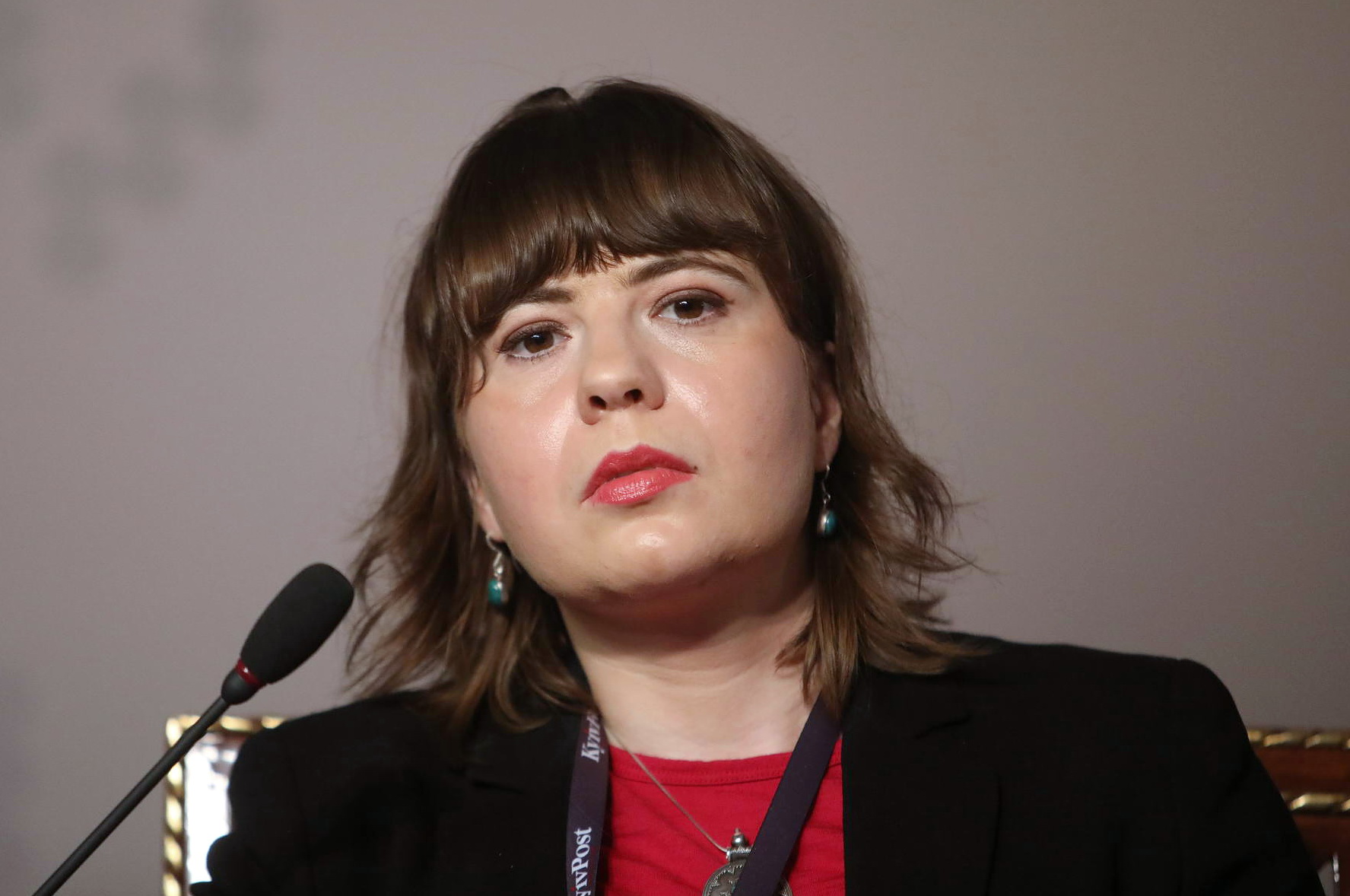
Anna Borshchevskaya,
fellow at The Washington Institute focusing on Russia’s policy toward the Middle East
The United States has to increase its presence in the region using existing infrastructure, supporting Syrian opposition, and assuring the Middle East and our allies that the US isn’t leaving the region.
